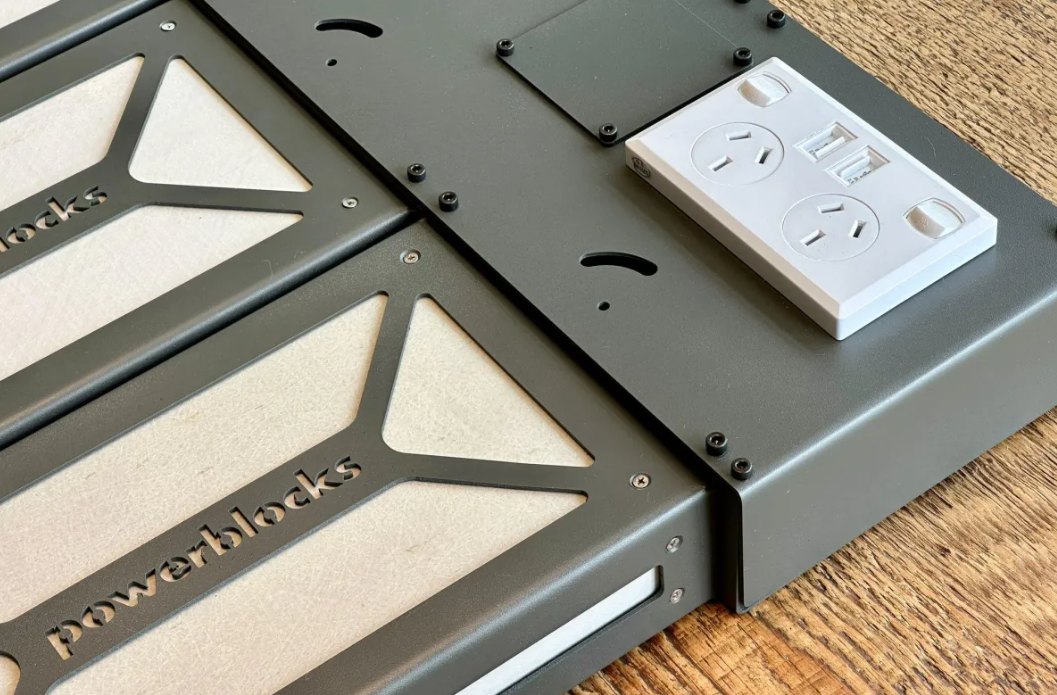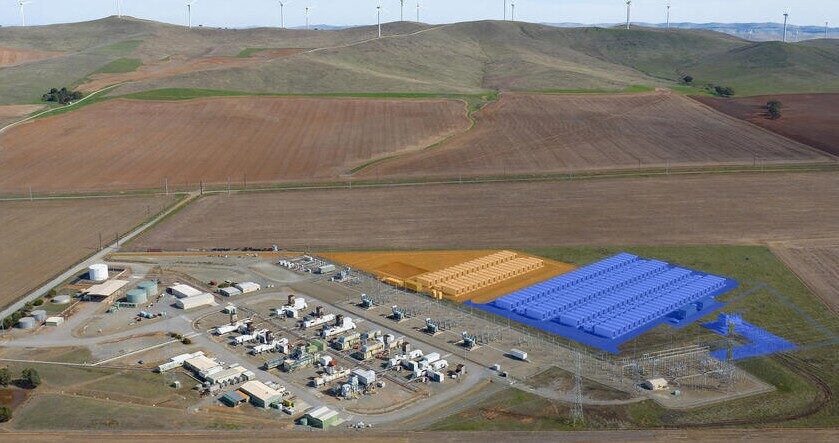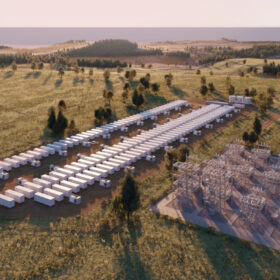Ten early-stage next-gen battery manufacturers and innovators have formed an inaugural cohort aimed at boosting Australia’s lithium battery value chain as part of the Supercharge Australia project, an initiative run by United States-based clean energy innovation funding group New Energy Nexus and Sydney-based climate tech startup accelerator EnergyLab.
The Supercharge Australia Incubator members represent solutions such as battery chemistry breakthroughs to recycling and infrastructure and are poised to take advantage of millions in government grants to get their prototypes off the ground.
Supercharge Australia Project Manager Kirk McDonald said the incubator aims to dramatically increase the flow of Australian founders and new businesses in the lithium battery value chain.
“They can be supported by and take advantage of new funding programs like the $500 million (USD 319 million) Battery Breakthrough Initiative, the $15 billion National Reconstruction Fund and the $23 billion Future Made in Australia program,” McDonald said.
Sydney-based start-up accelerator network EnergyLab Chief Executive Officer Megan Fisher said the cohort is a great reflection of the breadth and ambition of Australian startup innovation in the battery sector
“Strengthening Australia’s innovation capability is critical—not only to securing our clean energy supply chain but also to fostering new companies, future employers, and manufacturers that will drive our economy forward.”
The 2025 cohort include Victorian startups Adoxima, CarboPhite and Voltavate working respectively on high-purity metal oxides for battery applications, carbon-coating technology for sustainable anode production, and nanofiber-engineered separators that double battery life.
In New South Wales (NSW), InnoVoltIQ Tech, Noizend and Powerblocks offer solutions that leverage existing technology to build battery and cell manufacturing capability, physics-informed active noise control for battery energy storage systems (BESS), and solutions to making energy storage better for communities.
Li-ion Energy, Western Australia (WA), Net Zero Engineering Solutions, South Australia (SA) and Sustainable Lithium Cells Australia, Queensland are respectively developing solutions to turn battery waste into reusable energy solutions, bidirectional charging solutions for electric vehicles (EVs), and turning second-life batteries into affordable storage solutions.
Li-ion Energy Founders Sarai Ball and Justin Manton said the incubator offers a unique opportunity to collaborate with other innovators in the lithium battery ecosystem.
“Through this program, we’ll gain access to global markets, strategic partnerships, and cutting-edge resources that will help us accelerate the development of sustainable battery solutions,” Ball said.
“Being part of Supercharge Australia strengthens our commitment to driving innovation in battery reconditioning and recycling, furthering our mission to reduce waste and environmental impact,” Manton said.
New Zealand is also represented by Naut, which builds high-powered electric propulsion systems that go into any boat.
This content is protected by copyright and may not be reused. If you want to cooperate with us and would like to reuse some of our content, please contact: editors@pv-magazine.com.









By submitting this form you agree to pv magazine using your data for the purposes of publishing your comment.
Your personal data will only be disclosed or otherwise transmitted to third parties for the purposes of spam filtering or if this is necessary for technical maintenance of the website. Any other transfer to third parties will not take place unless this is justified on the basis of applicable data protection regulations or if pv magazine is legally obliged to do so.
You may revoke this consent at any time with effect for the future, in which case your personal data will be deleted immediately. Otherwise, your data will be deleted if pv magazine has processed your request or the purpose of data storage is fulfilled.
Further information on data privacy can be found in our Data Protection Policy.